Black Guava plant
Soil
For growing guava in pots choose a quality potting mix or make your own substrate using equal parts compost, sand, and soil.
Growing guava is possible in a variety of soil types. It is one of the plants that tolerates different soil types easily. It can be grown in heavy clay-rich or very sandy soil with pH ranging from 4.5 (acidic) to 9.4 (alkaline), but a loose, well-drained soil that is rich in organic matter and neutral to slightly acidic in pH is optimum.
Temperature range
The optimum temperature for germination of guavas falls in the range of 68 to 82 F (20 to 28 C). In winters, the temperature must not fall below 27 F (-3 C) for young guava trees. Mature guava tree (at least 3 years old) can bear temperature down to 20 F (-6 C). Remember, guavas are not frost tolerant, especially young plants, so if in a climate where the temperature falls below the range given here then it is better to keep the plant indoors until the temperature rises up.
Watering
When the plant is young or forming flowers water it regularly and deeply to keep the soil slightly moist. Evenly moist soil at the time of fruiting helps in developing more juicy and sweet fruits. In winter reduce the watering. One of the most interesting facts about guava trees is that they are drought tolerant and once established they can survive only on rainfall and bear long periods of drought. Still, it better to keep the soil slightly moist.
Repotting
Repot the plant in one size bigger than the previous one. Never plant a plant in a too big pot directly, albeit change the pot time to time once the plant has outgrown the current one.
Fertilizer
Guava responds well to the monthly fertilizing. When the tree is young and is not bearing fruits, fertilize your potted guava tree with 6:6:6:2 [N P K Mg] to speed up the growth of the plant.

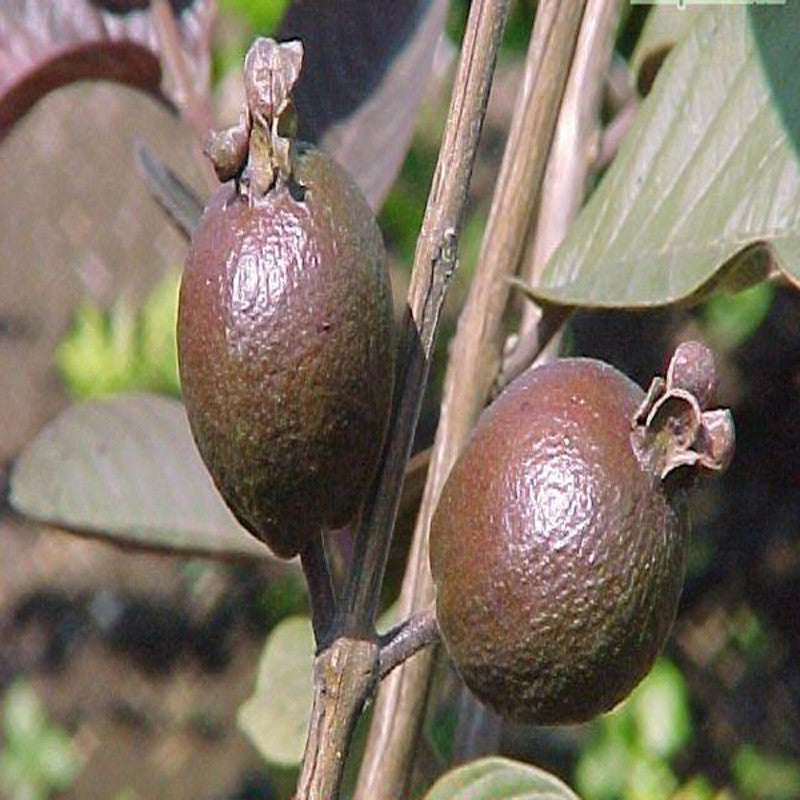
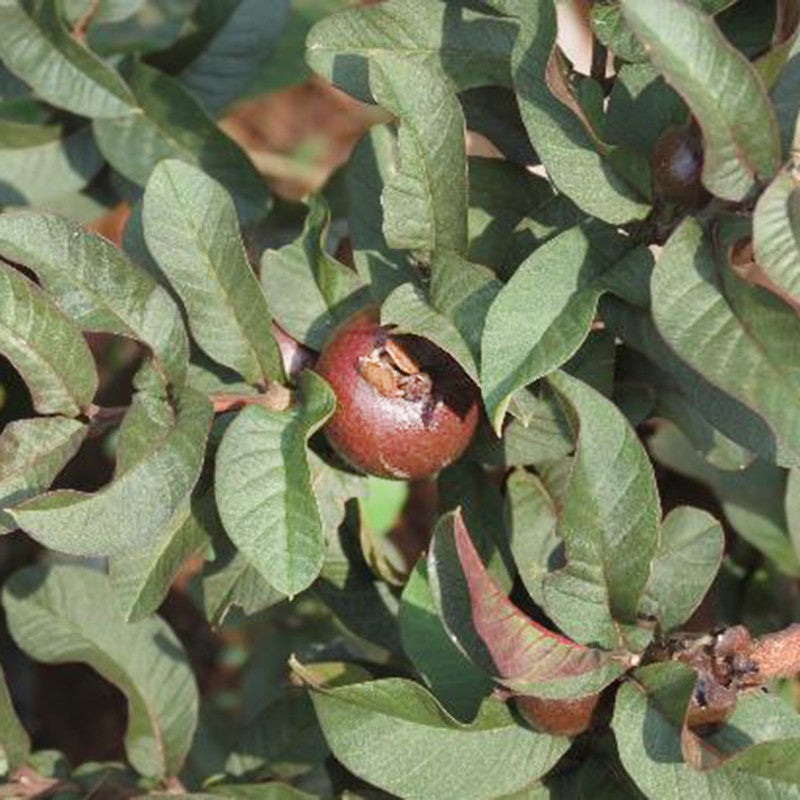
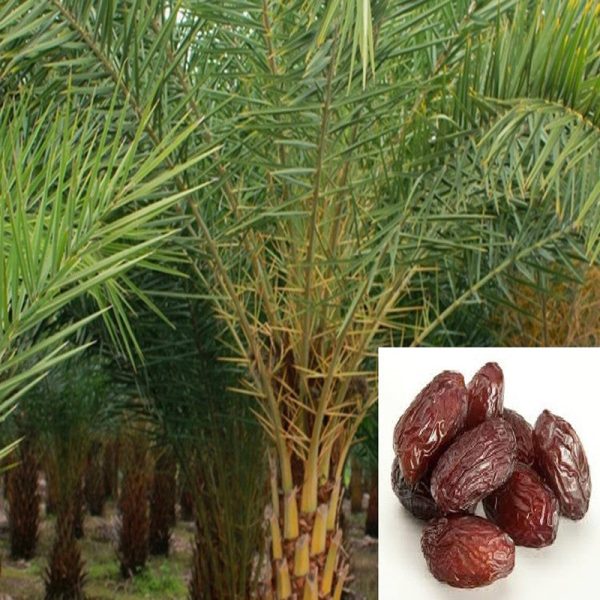


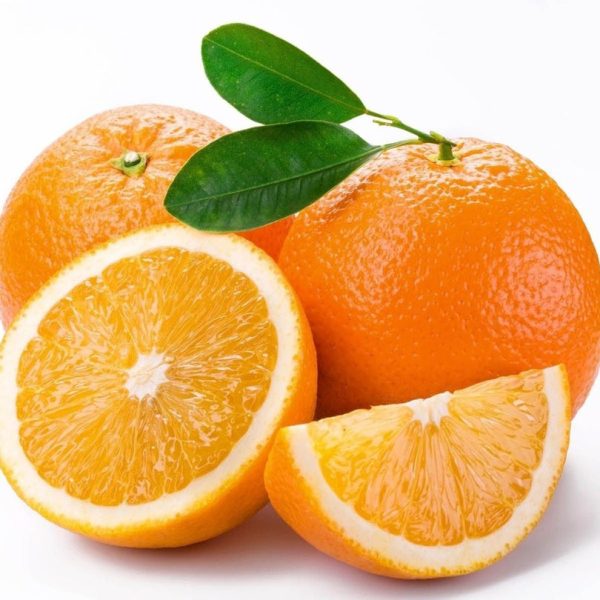

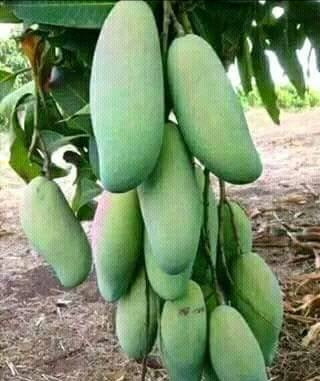




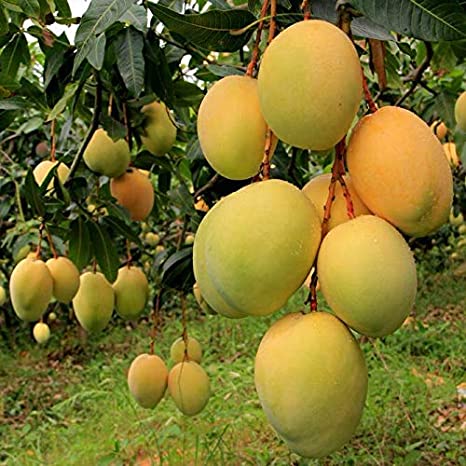

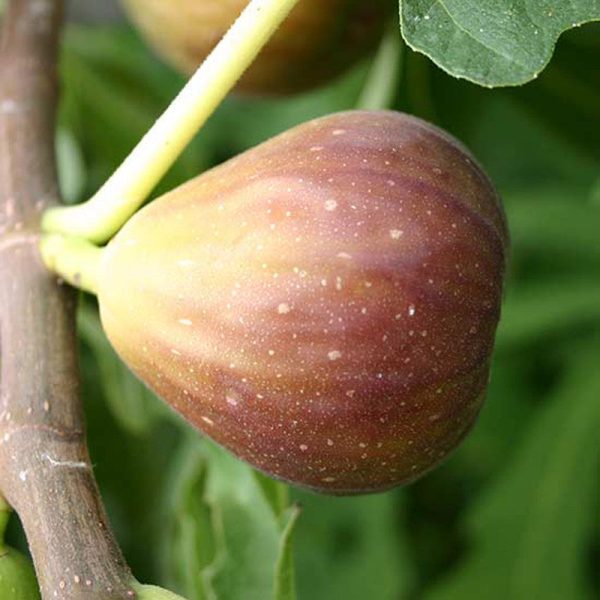

Reviews
There are no reviews yet.